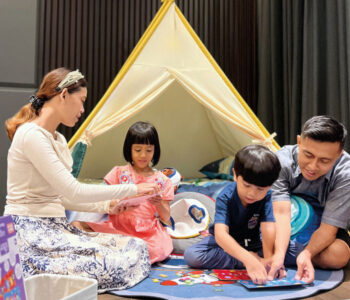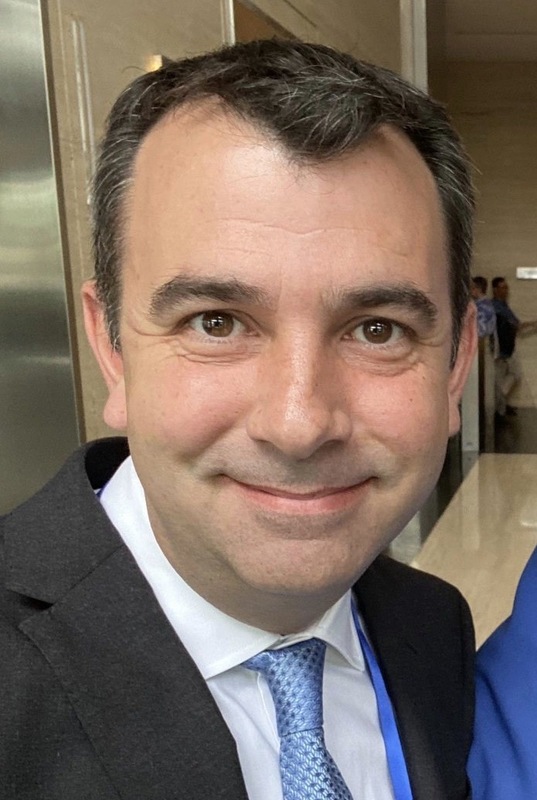
NOW! Jakarta’s Alistair Speirs spoke to Colm Downes, Interim Country Director of British Council Indonesia the council’s progress as it embraces the new normal.
Up to the onset of Covid-19, how would you describe the progress of the British Council in Indonesia? From personal observation, it seems to have made huge strides forward.
This is my second posting to Indonesia. I recently returned, following three years in Palestine. There have been great changes both in Indonesia in the intervening years. I am delighted that the MRT is up and running, and love the new aquatic centre in GBK, brilliantly renovated for the fabulous ASIAN games. These infrastructure achievements demonstrate a growing confidence in Indonesia, both at home and overseas. I am delighted my return has coincided with President Jokowi’s second term and his vision and priority to ‘upskill the nation’.
Similarly, the British Council Indonesia has also grown in scale, confidence and ambition. Indonesia is a priority country for the UK and the British Council, now so perhaps more than ever, and in line with this we have a bigger team and run more programmes here in Indonesia than almost anywhere else in Asia.
A good example of this can be seen in our Wallacea Week which we held in Makassar, South Sulawesi. Our Wallacea Week is an annual festival of activities to celebrate the biodiversity and culture of Indonesia, inspiring people to protect the environment and encouraging young people to explore science in various fields. Before Covid-19 put a brake on our face-to-face activity, we had held over 80 different cultural and education events across Indonesia this year alone.
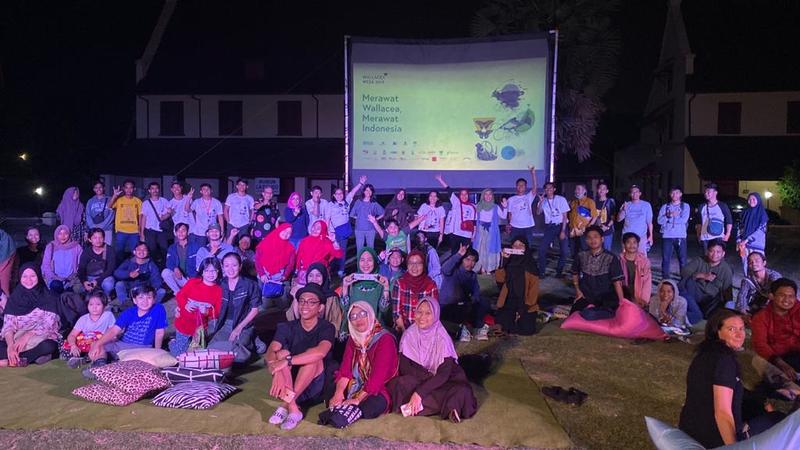
How has the crisis affected the operations of the British Council and how have your team dealt with the challenges?
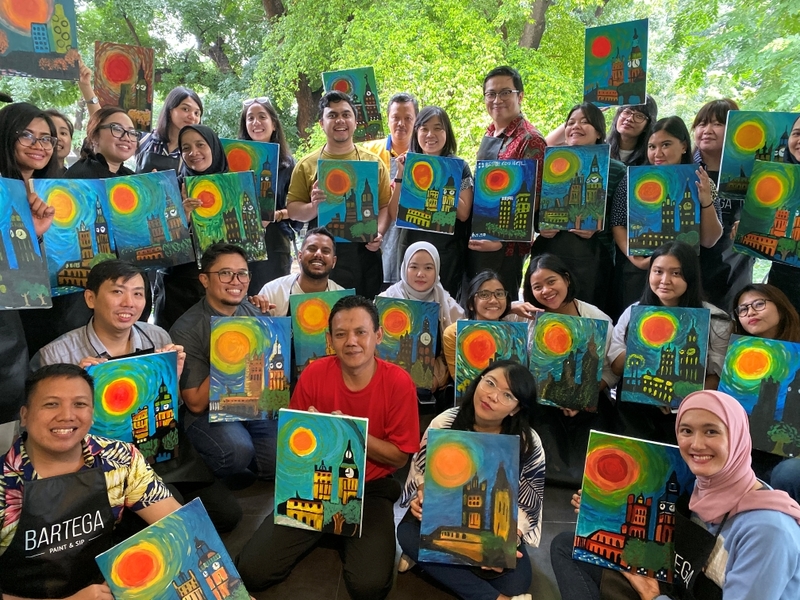
I think like all international organisations and businesses in Indonesia, Covid-19 has had a major impact on our operations. The health of our staff, our partners, our students is our top priority. In the middle of March, following the announcement of the first confirmed Covid-19 cases, we took the decision to postpone our annual Study UK Education fair which over 1,000 students had registered for. Since the end of March, both our main office in Senopati and our Teaching Centre in Lotte Avenue have been closed, the entire team has moved to ‘working from home’. This has brought many challenges; from technical challenges in ensuring everyone can get online and stay connected, to introducing more flexible working routines to enable staff to cope with pressures trying to work from home, such as home-schooling. The team have demonstrated great resilience in the face of these challenges; our EDI team, focussing on equality diversity and inclusion, set up a series of all staff online sessions on mental health, nutrition and wellbeing from leading Indonesian experts, as well as organising an online Ramadan Iftar. Initiatives like this have really helped us remain strong and socially connected, even if physically apart.
As we move towards reopening and the ‘new normal’, will you be affecting any permanent changes to your modus operandi?
Over the last couple of years, we have been working hard to increase our use of digital to continue our work in building connections, trust and understanding between the people of the UK and Indonesia. The current situation has simply turbo charged our digital strategy, including our move to offering English language, and professional skills courses online. We will find new ways to connect and work more collaboratively through digital platforms to continue providing cultural and educational opportunities.
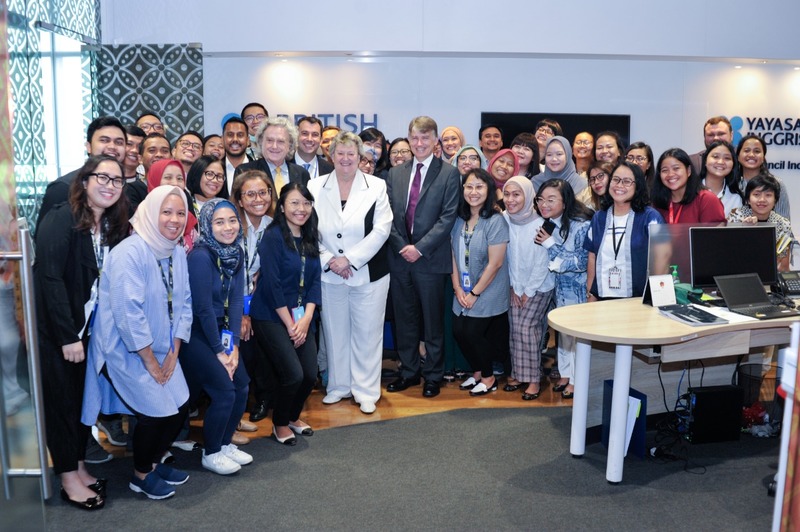
A good example of this is our recent ‘Culture Connects Us’ online festival. For 10 days in May, the British Council Indonesia together with a wide range of Indonesian and UK partners held a series of 20 webinars and live talks across the subjects of English teaching and learning, Study UK, arts and culture, reaching over 10,000 Indonesians. One of the distinctive features of this online festival is that we were to engage with Indonesians across the whole country from Aceh to Papua, and reach a much wider audience than we are usually able to. It is clear that our use of digital to connect with people across the archipelago is here to stay.
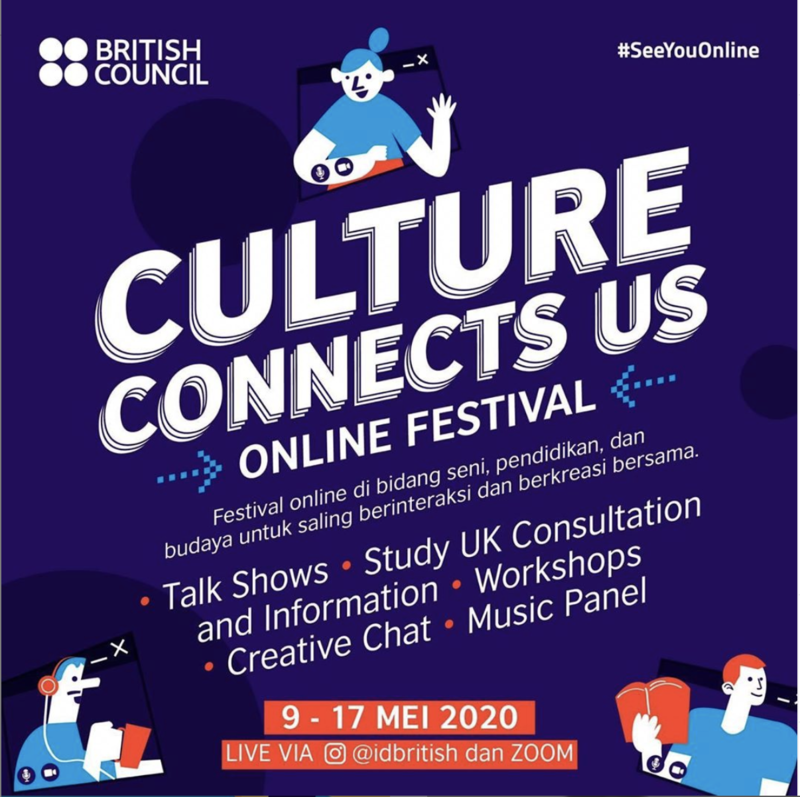
Do you see a different role for the British Council in Indonesia in the future? If so, what will that be?
We have been in Indonesia for a long time, more than 80 years, and our mission to build connections, understanding and trust between people in the UK and other countries through arts and culture, education and the English language remains the same. We believe that our role as connector, convener, and sector expert in Education, Youth and Skills; English; Arts and Culture, is more relevant than ever at a time when communities are physically distant but need to be socially engaged.
We are currently working on a range of projects from going digital with our Active Citizens training, to initiatives to supporting the Ministry of Education with online resources and training and working to ensure that digital solutions are fully inclusive, encompassing both low tech and high-tech responses, so that emergency remote teaching and the continuity of education benefits all. For example, we are liaising with the Ministry of Education and TVRI on educational content to be shown on national television during the summer holidays.
On a personal level, how have you coped with the WFH scenario and the restrictions that have been imposed?
My wife and I live in Kemang, we only leave the house for our weekly shop or to go for a ‘socially distant jog’ around the neighbourhood. We are trying to keep fit at home, and like many people in the UK and around the world, we have been following Joe Wicks daily 20 min online exercise routines. Keeping mentally and physically healthy is the hardest challenge, when working from home it’s easy to forget to take breaks and can be hard to switch off entirely, especially right now as my kitchen table has become my main working space. It is not possible to visit family and friends; my wife’s sister has just had a baby – but of course we can’t visit. Similarly, I spend a lot of my time online talking to my mother in the UK and reminding her not to go out of the house, but to rely on the kindness of her neighbours to help her with shopping. Overall though, I have been fine – enjoying rare blue skies in Jakarta and some sun, online plays from the UK, and perhaps most simply of all – more quiet thinking time, which is all too rare. Nothing is harder to do these days than nothing.




